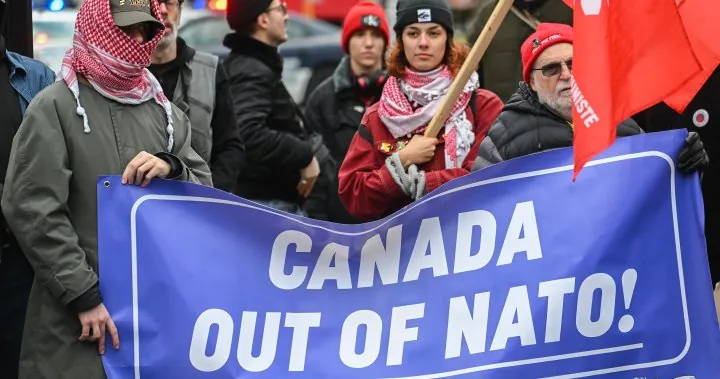
Montreal Erupts in Anti-NATO Protests Amid Escalating Calls for Withdrawal
2024-11-24
Author: Emma
In an escalating wave of dissent, approximately 80 anti-NATO protesters took to the streets of downtown Montreal on Saturday, demanding that Canada withdraw from the military alliance. This demonstration followed a previous chaotic protest a day earlier, where violence erupted, resulting in numerous arrests, burned vehicles, and shattered storefronts.
The protests were orchestrated by Le Mouvement Québécois pour la Paix, with participants proudly brandishing signs declaring “Canada out of NATO” and chanting slogans expressing solidarity with Palestine. Many attendees showcased flags from the Communist Party of Canada alongside Palestinian flags, highlighting the intersection of various political causes.
Jad Kabbanji, the president of Le Mouvement Québécois pour la Paix, criticized Canada’s commitment to NATO’s military spending targets and asserted that the organization, often marketed as a defensive alliance, has been responsible for destabilizing numerous regions worldwide, particularly in the Middle East and Eastern Europe. He stressed that Israel's military actions in Gaza could not occur without arms supplied by NATO allies, notably the United States. Kabbanji further claimed that NATO's policy of integrating former Soviet nations has exacerbated tensions, contributing to the ongoing conflict in Ukraine.
While many Prime Minister Justin Trudeau's cabinet members and Quebec officials labeled the violence at the protests as anti-Semitic, the demonstrators staunchly denied such allegations. They argued their demonstrations were aimed at condemning NATO member countries' complicity in the ongoing war that has resulted in the deaths of thousands of Palestinians.
Police reported that protesters employed smoke bombs, hurled metal barriers, and vandalized properties, including a convention center hosting NATO delegates. Following escalating tensions during Friday's protest, officers arrested three individuals on charges of assaulting a police officer and obstructing law enforcement efforts, with at least a civilian and an officer sustaining minor injuries.
A spokesperson for the demonstration groups, Benoît Allard of Divest for Palestine, described their experience of police violence, asserting that several protesters were injured and at least four required hospitalization. He characterized the protest as a call to action against NATO's backing of Israel’s military operations, which he accused of genocide in Gaza, as well as war crimes in other regions like Lebanon and Syria.
The protests and the ensuing violence have drawn sharp criticism from Canadian political leaders. Prime Minister Trudeau labeled the events as “appalling,” insisting that all acts of anti-Semitism and violence must be condemned, and that those responsible should be held accountable. Conservative leader Pierre Poilievre criticized Trudeau for not addressing the violent outbreaks decisively, suggesting the Prime Minister is out of touch with the rising domestic tensions.
Quebec Premier François Legault commented on the situation by asserting that such acts of destruction do nothing to promote a peaceful message, instead contributing to chaos within society.
Divest for Palestine's Allard rebutted accusations of anti-Semitism, clarifying that their criticisms are directed towards the actions of the Israeli government, not the Jewish community as a whole. The group stated they were motivated by a growing frustration with Canada’s support for Israel and perceived inaction in advocating for Palestinian rights.
In the backdrop of these protests, NATO delegates gathered in Montreal for critical discussions on supporting Ukraine, addressing climate change, and defining the future of the alliance. This tumultuous week in Montreal not only underscores the escalating tensions surrounding international military alliances but reflects a significant divide in public opinion regarding global conflicts and Canada’s role within them.
As Canada grapples with these pressing issues, it remains to be seen how the government will balance international relations with an increasingly vocal and impassioned citizenry.

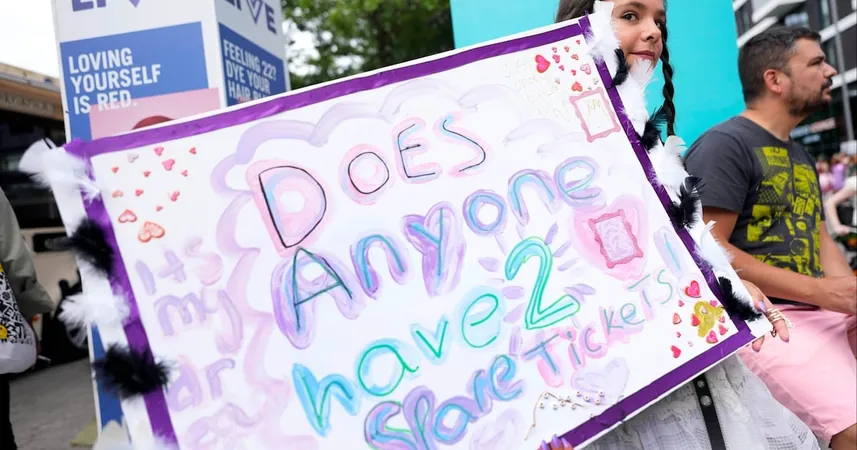

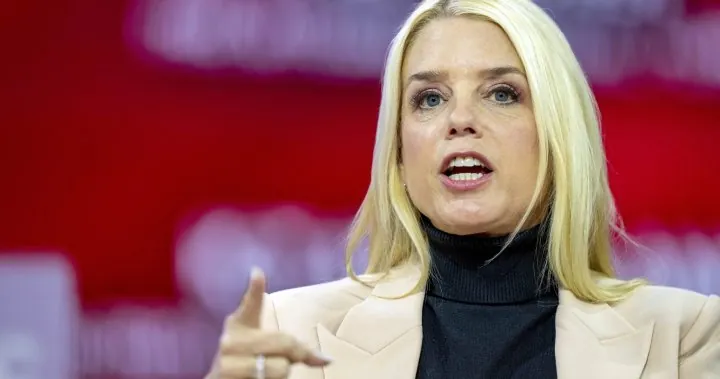



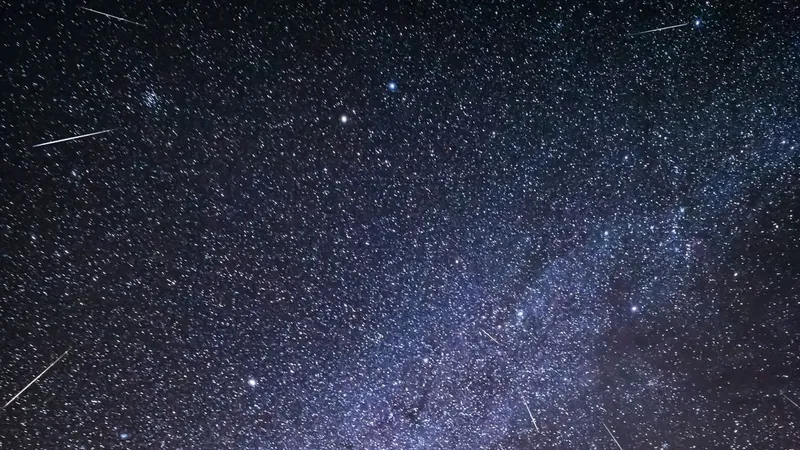
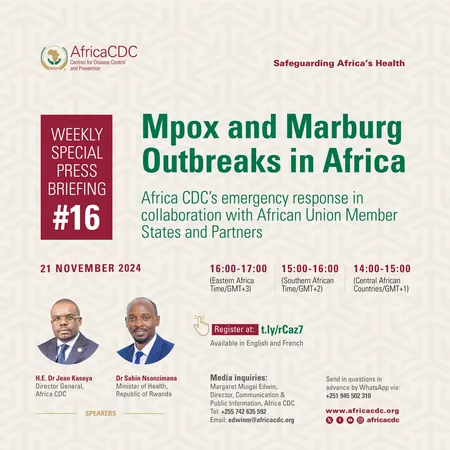
 Brasil (PT)
Brasil (PT)
 Canada (EN)
Canada (EN)
 Chile (ES)
Chile (ES)
 España (ES)
España (ES)
 France (FR)
France (FR)
 Hong Kong (EN)
Hong Kong (EN)
 Italia (IT)
Italia (IT)
 日本 (JA)
日本 (JA)
 Magyarország (HU)
Magyarország (HU)
 Norge (NO)
Norge (NO)
 Polska (PL)
Polska (PL)
 Schweiz (DE)
Schweiz (DE)
 Singapore (EN)
Singapore (EN)
 Sverige (SV)
Sverige (SV)
 Suomi (FI)
Suomi (FI)
 Türkiye (TR)
Türkiye (TR)